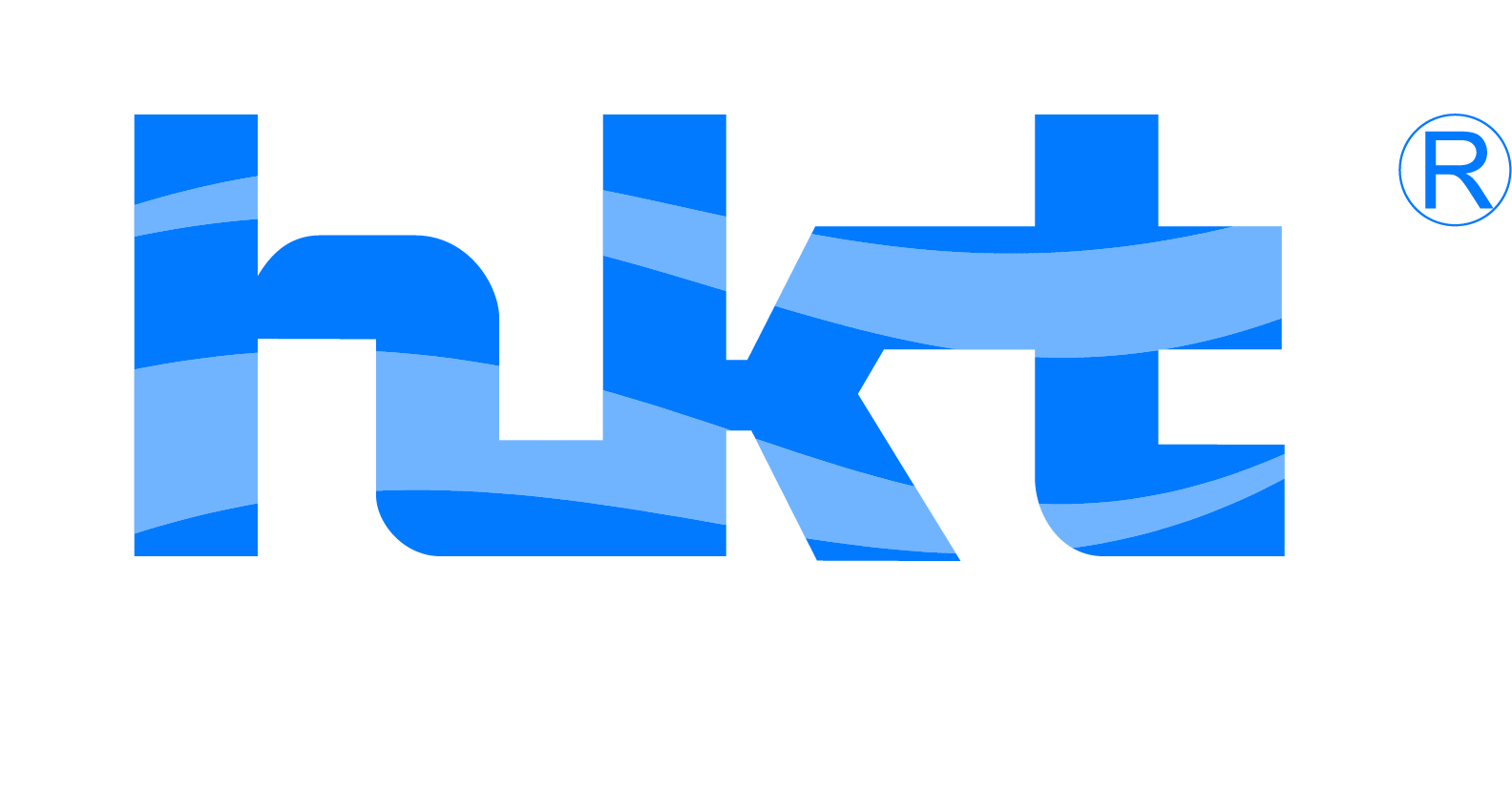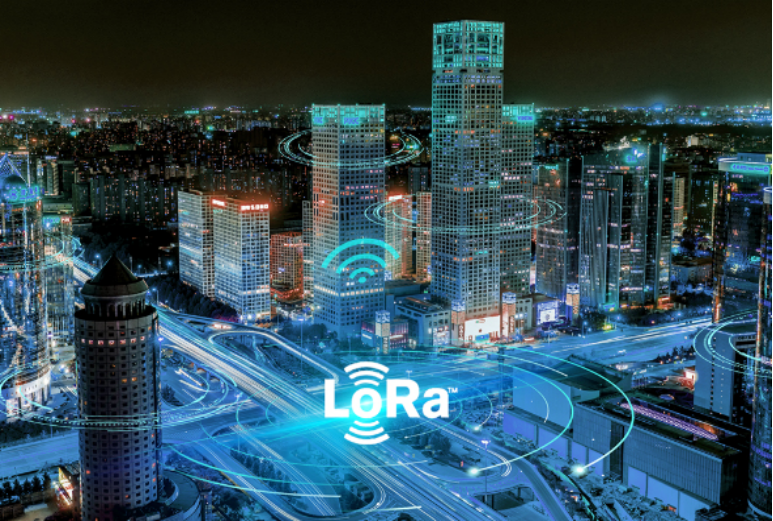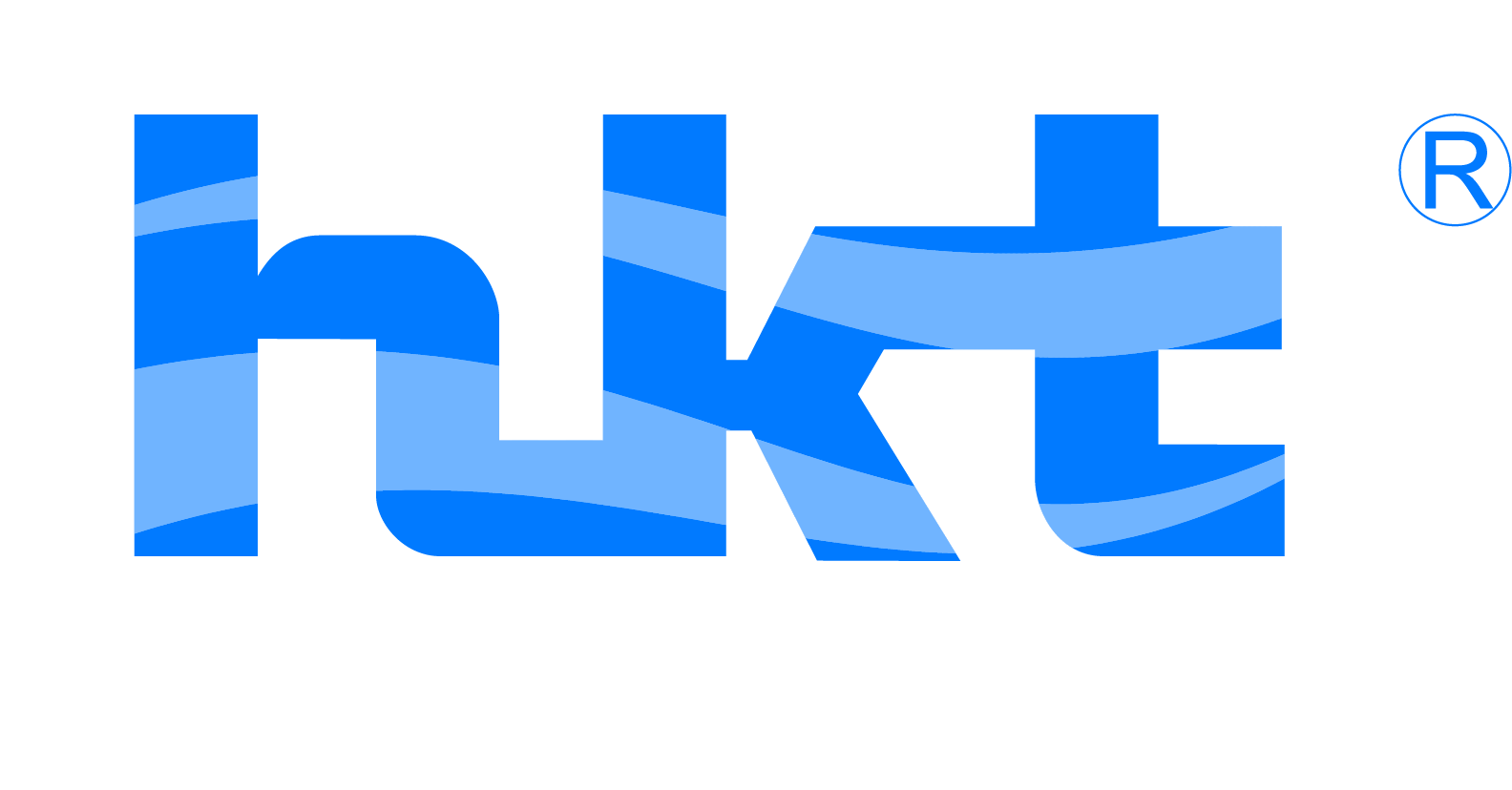You need to kow about LoRaWAN
What is LoRaWAN?
LoRaWAN is a proprietary LPWAN-connectivity protocol developed by Semtech. It is renowned for its low power usage and high transmission range (even when compared to other LPWANs). Also, it has a high resistance to interference, as its wireless modulation is based on technology developed for the military and space industry. In 2017 a LoRaWAN packet was transmitted over a distance of 702km, breaking previous records. These unique characteristics make it the ideal connectivity protocol for a variety of IoT use cases. LoRaWAN is maintained by the LoRa alliance, an open, non-profit association. Its members include certified device manufacturers, service providers, and public institutions.
The difference between LoRa and LoRaWAN
LoRa itself represents the physical layer of the network technology; it powers the wireless modulation, which is used to establish a long-range communication between devices. Most wireless systems use a traditional modulation, such as frequency key shifting (FSK). However, LoRa relies on a modulation called CSS (chirp spread spectrum) modulation, which has been developed by the military and space industry with the goal of creating an LPWAN, that is extremely long-range and resistant to interference. While CSS and FSK both feature low power consumption, CSS drastically elevates the communication range capabilities of its devices.
How Secure is LoRaWAN?
By design, LoRaWAN is very secure. Authentication and encryption are mandatory. But the security of networks and devices tends to get compromised if security keys are not randomized across devices, handled carelessly, or if cryptographic numbers are reused. It is, therefore, critical to look for LoRaWAN certified devices to ensure they work as expected.
From the outset, the LoRaWAN specification is designed with security as an essential aspect. It offers state-of-the-art security properties that meet the requirements of highly scalable low-power IoT networks. Unlike other IoT technologies, the LoRaWAN specification offers dedicated end-to-end encryption to its providers.
LoRaWAN use cases
Numerous institutions and private companies that are LoRa alliance members are already invested in broad industries that have a high potential to benefit from a LoRa-powered IoT network, such as:
·Smart Homes
·Transportation & Logistics
·Smart Utilities
·Smart Environment & Agriculture
·Industrial IoT
·Smart Buildings / Facility Management



